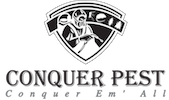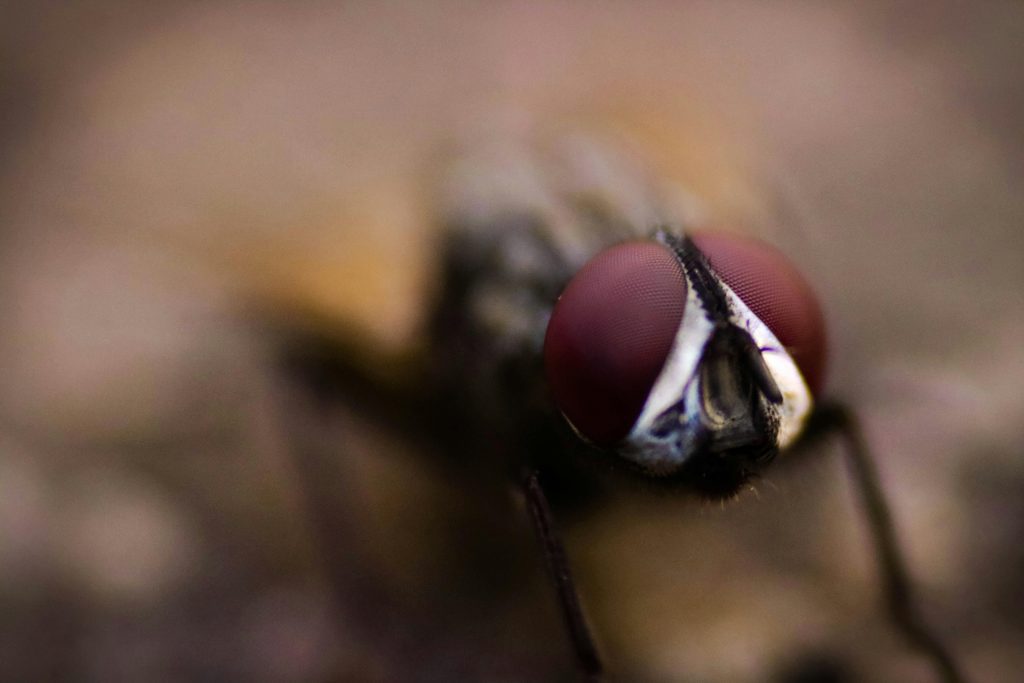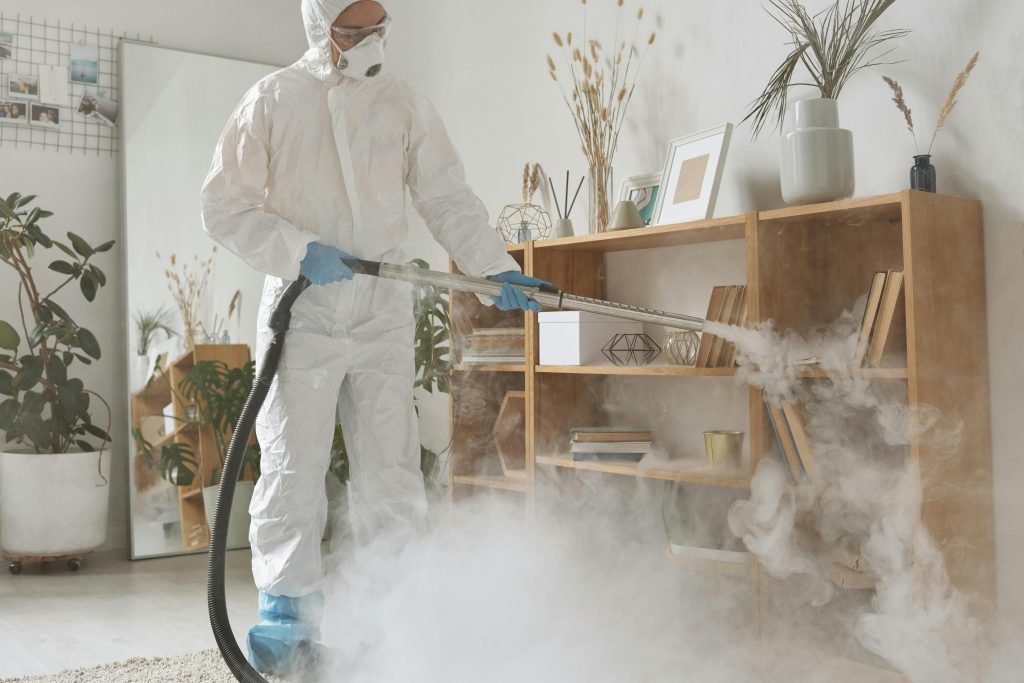10 Questions to Ask About Flies Control
Introduction
Flies can be more than just annoying pests—they are vectors of disease and can disrupt both residential and commercial spaces. Their presence in homes, restaurants, or other establishments can harm health, tarnish reputations, and lead to significant losses if not controlled effectively.
In Singapore, flies are particularly challenging due to the country’s warm, humid climate and dense urban environment. To help you tackle this problem effectively, we’ve compiled 10 essential questions to ask about flies control. For professional assistance, turn to Conquer Pest, a trusted pest control company with over 20 years of experience in keeping homes and businesses pest-free.
1. What Attracts Flies to My Property?
Flies are attracted to places where they can find food, water, and shelter. The most common attractants include:
- Unsealed Food and Waste: Leftover food, exposed garbage, and food crumbs are magnets for flies.
- Stagnant Water: Poorly maintained drains or areas with water accumulation create ideal breeding grounds.
- Organic Decay: Compost piles, rotting fruit, or spoiled food are hotspots for flies.
Singapore’s tropical climate further promotes fly activity. To reduce fly attraction, ensure proper waste disposal, regular cleaning, and prompt handling of food residues. Learn more about specific fly behaviors by visiting Conquer Pest’s fly control page.
2. Why Is Flies Control Important?
Flies aren’t just an inconvenience—they can pose serious health risks and cause reputational harm. Here’s why flies control is crucial:
- Health Risks: Flies carry pathogens that can cause diseases such as typhoid, cholera, salmonella, and dysentery. They contaminate food and surfaces by landing on them after visiting filthy areas.
- Reputational Damage: For businesses, particularly in the F&B or hospitality sector, flies signal poor hygiene and can result in customer complaints, bad reviews, or even regulatory action.
- Operational Disruptions: Severe infestations can lead to operational downtimes, especially if public health authorities intervene.
By addressing fly problems early, you can protect your health, safeguard your reputation, and maintain a clean environment.
3. How Can I Identify a Fly Infestation?
Early detection is key to preventing a full-blown infestation. Common signs of a fly problem include:
- Frequent Fly Sightings: If you consistently see flies indoors, especially near food preparation areas or garbage bins, it could indicate an infestation.
- Presence of Maggots: Maggots in trash bins, drains, or moist areas are a clear sign of breeding activity.
- Unpleasant Odors: Organic decay, often accompanied by flies, produces a distinct foul smell.
- Fly Droppings: Small dark specks on walls or counters could be fly droppings.
For a professional assessment of your property, book a consultation with Conquer Pest.
4. What Types of Flies Are Common in Singapore?
Singapore’s urban environment is home to several fly species, each with unique habits:
- House Flies: Found near food and waste, these flies breed quickly and contaminate surfaces.
- Fruit Flies: Attracted to fermented fruits, vegetables, and sugary residues. They are often found in kitchens and food storage areas.
- Drain Flies: Thrive in poorly maintained drains, sewage systems, and moist areas like bathrooms and basements.
- Bluebottle Flies: Metallic blue in color, they breed on decaying matter, including dead animals and garbage.
Understanding the type of flies invading your property helps in determining the right control measures.
5. Are DIY Fly Control Methods Effective?
DIY methods can provide temporary relief, but they often fail to address the root cause of infestations. Common DIY strategies include:
- Fly Traps: Store-bought or homemade traps may catch a few flies but are ineffective against large populations.
- Chemical Sprays: While sprays can kill flies on contact, improper use can pose health risks to humans and pets.
- Natural Remedies: Essential oils or herbs like basil and peppermint may repel flies temporarily but are not reliable for long-term control.
For persistent or large-scale infestations, professional services like those from Conquer Pest offer targeted and lasting solutions.
6. What Are the Professional Methods for Flies Control?
Professional pest control services employ advanced techniques to eliminate flies and prevent their return. These methods include:
- Residual Sprays: Applied to breeding sites and fly hotspots to kill flies upon contact.
- UV Light Traps: These attract and trap flies using ultraviolet light, effectively reducing populations.
- Foaming Treatments: Used in drains to eliminate breeding grounds.
- Integrated Pest Management (IPM): A comprehensive approach that combines treatment, prevention, and monitoring for long-term results.
For customized solutions, contact Conquer Pest and learn how they can help.
7. How Can I Prevent Fly Infestations?
Prevention is more effective and less costly than dealing with an active infestation. Here are some tips to keep flies at bay:
- Proper Waste Management: Dispose of food waste in sealed bins and empty garbage regularly.
- Maintain Cleanliness: Wipe down surfaces, clean up food crumbs, and sanitize kitchen areas.
- Fix Drains and Leaks: Repair any leaks or clogs to prevent moisture accumulation.
- Seal Entry Points: Use screens or seal gaps around windows, doors, and vents.
Consistent efforts can significantly reduce the risk of flies invading your property.
8. How Often Should Pest Control Services Be Scheduled?
The frequency of pest control services depends on various factors, such as the type of property, the severity of infestation, and the environment:
- Residential Properties: Quarterly treatments are typically sufficient to prevent infestations.
- Food & Beverage Businesses: Monthly or bi-weekly treatments are recommended to ensure compliance with hygiene standards.
- Industrial Sites: Custom schedules based on operational needs and infestation levels.
Contact Conquer Pest offers flexible pest control plans tailored to your specific needs.
9. What Should I Expect During a Professional Fly Control Service?
A professional service typically involves the following steps:
- Inspection: Experts assess the property to identify fly species, breeding sites, and infestation levels.
- Treatment: Customized solutions such as sprays, traps, and foaming treatments are applied.
- Monitoring: Fly activity is monitored to evaluate the effectiveness of the treatment.
- Recommendations: Guidance is provided on preventive measures to avoid future infestations.
Conquer Pest’s trained technicians ensure thorough and effective fly control for lasting peace of mind.
10. How Do I Choose the Right Pest Control Company?
Selecting the right pest control provider is essential for effective results. Key factors to consider include:
- Experience: Choose a company with a proven track record, like Conquer Pest, which has over 20 years of experience.
- Certifications: Ensure the company is certified by Singapore’s National Environment Agency (NEA).
- Customer Reviews: Look for positive feedback from previous clients to gauge reliability and service quality.
- Custom Solutions: Opt for providers who tailor treatments to your specific needs.
For professional fly control in Singapore, contact Conquer Pest to learn more about their trusted services.
Conclusion
Flies control is essential for maintaining hygiene, protecting health, and safeguarding the reputation of your home or business. By understanding the factors that attract flies, recognizing signs of infestation, and choosing effective control measures, you can keep your property fly-free.
For expert guidance and professional services, trust Conquer Pest to deliver tailored solutions. Their experienced team is ready to help you tackle any fly problem—big or small. Contact Conquer Pest to schedule a consultation today!




